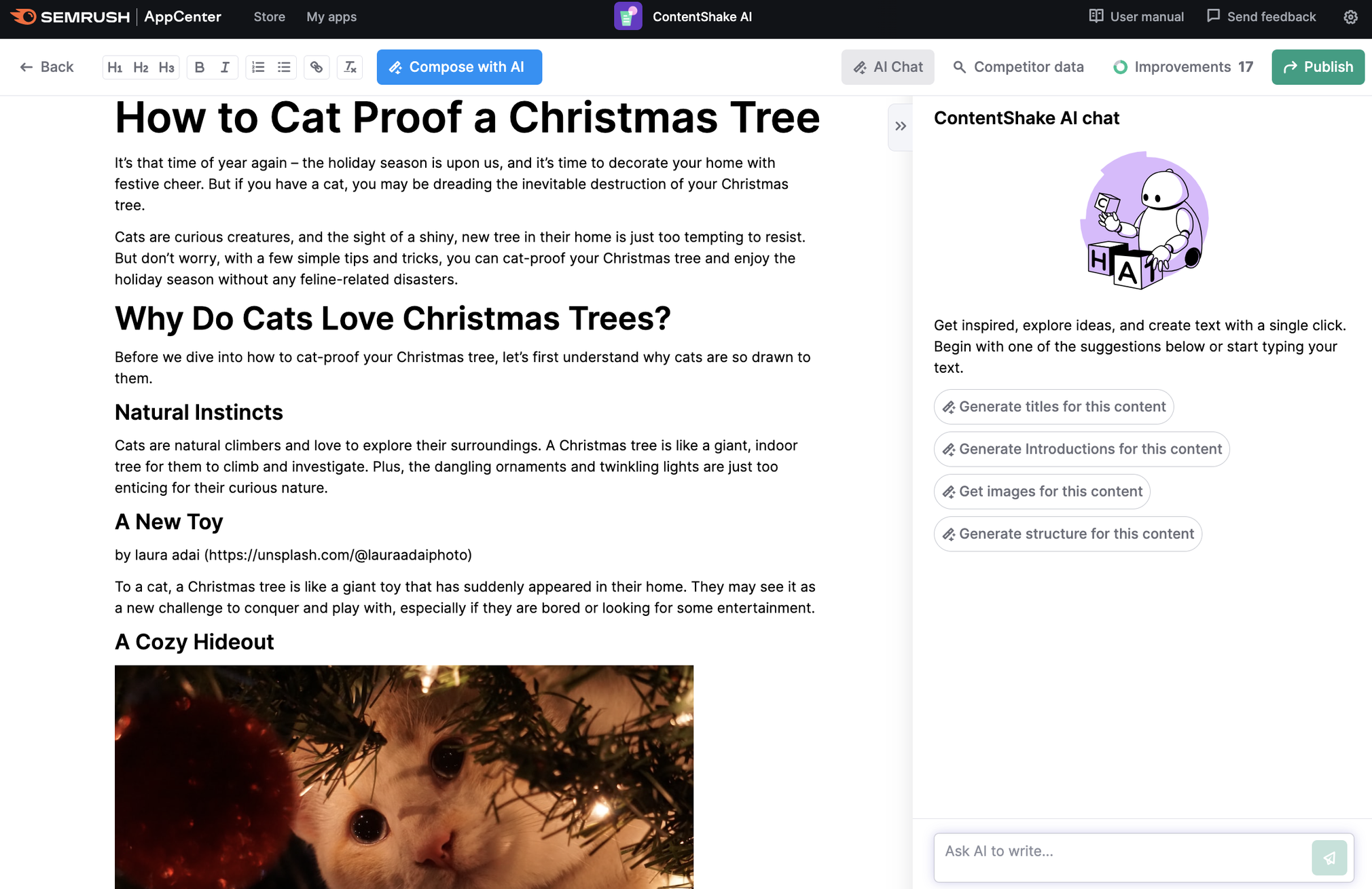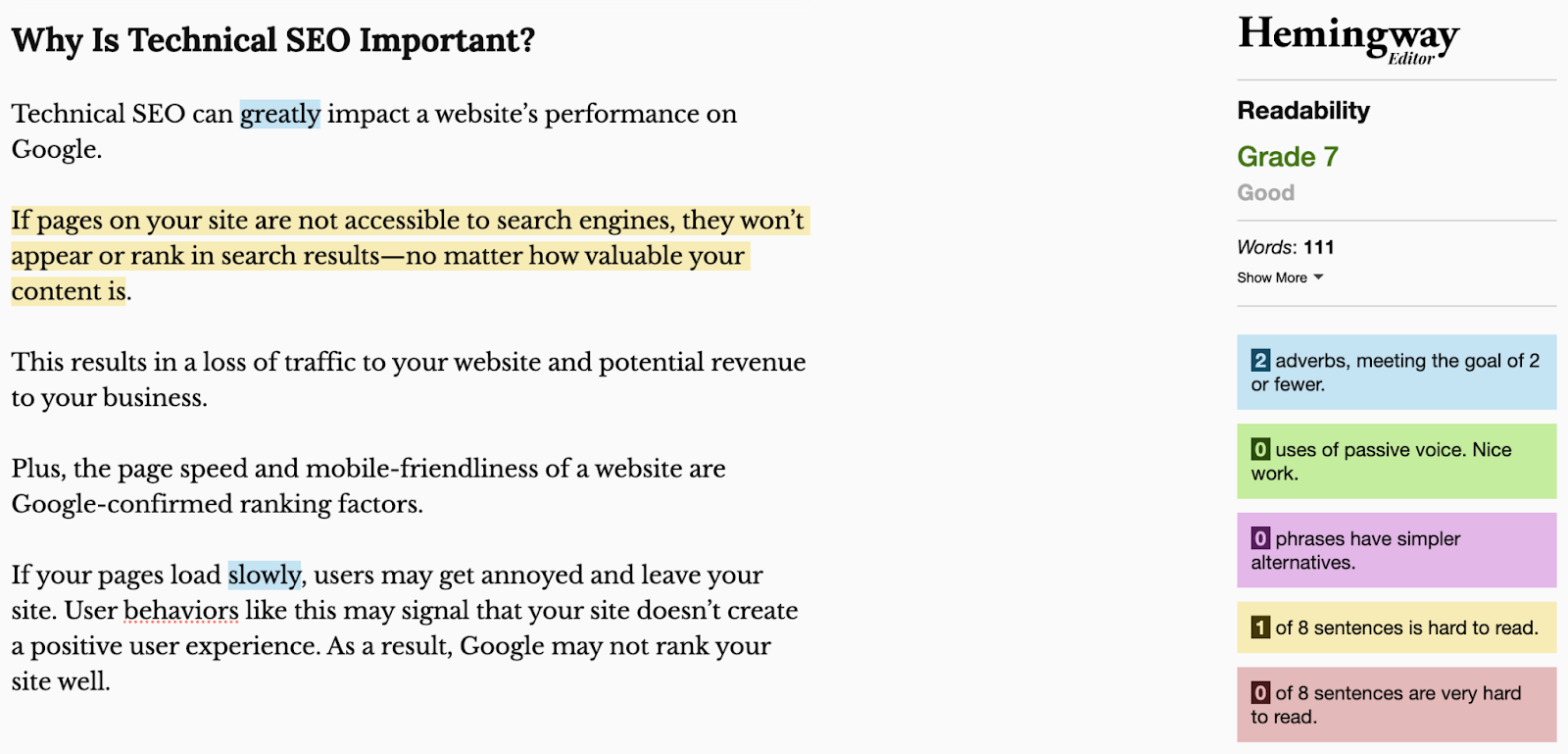10 Best Blogging Tools and Software to use in 2024
Table of Contents
Best Blogging Tools and software
Content writing tools are great for bloggers looking to enhance their writing, streamline workflows, and scale production, easy to use and going to express some best blogging tools and software in 2024.
Such tools can help you to achieve your blog in a correct manner like,
- Research topics your audience is interested in
- Write content that’s optimized for search engines
- Scale content production
Here are just a few that will help you get started.
Content Shake AI
Contant shake AI is a content writing tool that wraps ChatGPT’s advanced language models and in-depth competitive insights into a single, user-friendly interface.

Content Shake AI can help you:
- Find resonating content ideas
- Create SEO-rich, ready-to-publish articles in one click
- Generate social media posts for any platform
- Optimize your drafts for users and search engines
- Publish content directly to WordPress
SEO Writing Assistant
SEO writing assistant helps you craft blog posts using search engine optimization (SEO) best practices. The tool scores content in four key areas:
- Readability: Ensure your content is easy to read and appropriate for your audience
- Originality: Check for plagiarism and ensure your content is unique
- Tone of voice: Make sure your tone is consistent throughout the piece
- SEO: Receive tips to improve SEO such as recommended secondary keywords, adding image alt text, and fixing broken links
You can type directly into the SEO Writing Assistant and receive suggestions as you go. Or you can copy and paste a completed draft. You can also integrate the tool with Google Docs, Microsoft Word, or WordPress.
Get Writing Recommendations
with the SEO Writing Assistant

Topic Research
Topic Research tool can give you limitless ideas for blog content.
Using this tool, you can:
- Analyze popular subtopics and headlines for any topic to get insight into trends
- Find questions that are frequently asked by your audience
- Get location-specific ideas to create targeted content
From your dashboard, click the “Topic Research” button under the Content Marketing header.
Enter the domain of a competitor’s website and instantly get access to dozens of topics related to your industry. You can do the same thing with keywords or questions.
Grammarly
Grammarly is a typing assistant that reviews English spelling, grammar, and clarity. It integrates with your computer or phone and popular Internet browsers, including a Google Chrome extension.
Recently, it has expanded its services into generative AI with GrammarlyGO. It gives you real-time feedback on your word choice, tone, and more to enhance your writing.
Standout features include:
- Plagiarism checker
- AI generative text
- Paraphrasing tool
- Tone checker
- Analytics
- Snippets
Integrations: Grammarly has both a desktop app and browser extensions. It also integrates with many text editors (Google Docs and Microsoft Word) and communication apps (Slack and Gmail).
Hemingway Editor
Hemingway editor improves your writing by highlighting issues like passive voice and complicated sentence structure. It’s named after Ernest Hemingway, a notable American author known for his simple, direct, and understated writing style.
Hemingway uses a grading system and color-coded scale to indicate the following poor writing techniques:
- Blue: excessive use of adverbs
- Green: passive voice
- Purple: simpler phrase available
- Yellow: sentence is hard to read
- Red: sentence is very hard to read

Copy.ai
Copy.ai is an AI tool built with marketers and writers in mind. Unlike ChatGPT, which is essentially a blank canvas for prompt inputs, Copy.ai contains templates for commonly used marketing assets.
You can choose from specific blog types like listicles or how-tos. You’re then guided through the outline process and given direction for the type of content you want to create.
This targeted guidance can improve the quality of your content, reducing the need for multiple revisions.
Integrations: Copy.ai does not currently integrate with other SEO blogging tools. It offers an API but the access is still limited.
Best Blogging Tools for Publishing
For people to read your blog posts, they must be publicly available. These blogging platforms let you publish content online. They also have built-in tools to help you achieve your blogging goals.
WordPress
WordPress is the most popular content management system (CMS). It’s used by 64.4 % of all Websites.
The ability to write, edit, and publish blog content within a single platform makes WordPress one of the best blogging tools for beginners.
WordPress also offers advanced functionality for bloggers via its massive directory of plugins. You can add plugins that help with editing, SEO, and more.
Here are a few features users love about WordPress:
- Intuitive and user-friendly UI: The backend of WordPress is easy enough for beginners without too much training
- Popular: It’s easy to find writers, marketers, and developers familiar with WordPress
- Flexibility: The WordPress plugin directory lets users easily customize the functionality of their site without custom code
- Open source: All of WordPress’ code is accessible, so advanced users can customize every detail about a website’s design and functional.
Ghost
Ghost is an open-source CMS gaining popularity among creators looking for a streamlined platform for blogging and content creation.
Ghost is marketed as an “all-in-one platform” that allows bloggers to focus on content creation instead of technical web development details. A few features included at every price point are:
- Membership and subscription management
- Email newsletter publication
- Web design themes
- Sign-up forms
- Ecommerce
- Analytics
HubSpot
HubSpot is an all-in-one inbound marketing, sales, and customer service software platform.
The Boston-based company started as a customer relationship management (CRM) product. It has since developed a leading CMS and suite of inbound marketing tools.
The HubSpot platform suits bloggers looking to capitalize on their target audience. It helps turn readers into customers via inbound marketing and marketing automation.
The blogging features of HubSpot offer some unique benefits:
- Built-in SEO: HubSpot comes standard with on-page SEO recommendations and AI writing tools.
- Native analytics: Track blog visitors and conversions without connecting Google Analytics
- Lifecycle tracking: The HubSpot CRM lets bloggers see which readers have become paying customers.




